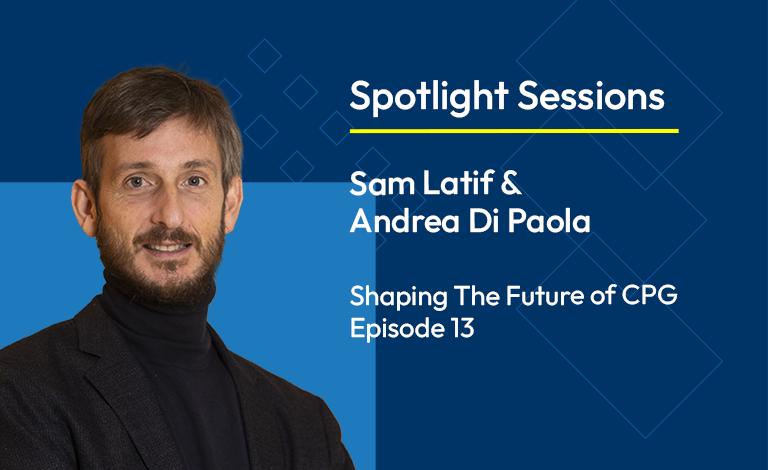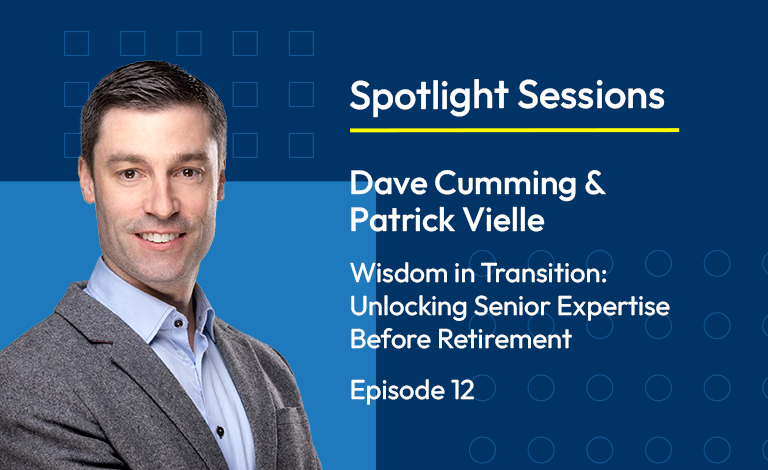The recent earthquake that struck Turkey and Syria on February 11th, 2023, hit close to home. It reminded me of the devastating aftereffects the people affected will now face.
Earthquakes, like other natural hazards, are unpredictable, making them among the most devastating disasters. A disturbing fact is that no measurement scale, scientific method, or equipment can predict the exact time or location of an earthquake.
The earthquake has left a trail of destruction, loss, and casualties. For those who lost loved ones, the aftermath is just as devastating as the event itself. We see images of destroyed buildings, stray dogs, and the heroic efforts of rescue workers. However, we often fail to grasp the long-lasting effects on survivors. We cannot fully understand their thoughts and emotions. We can only imagine the extent of the psychological trauma that follows.
So how can we help?
After a major earthquake, it can be challenging to determine the best way to assist. Based on my family’s experience with the 2019 Albania earthquake, fundraising and donating money had the greatest impact. Donating physical items like used clothing or household supplies may seem helpful, but it can overwhelm distribution centres and sometimes fail to reach victims. This creates extra work for aid organizations.
Relief charities recommend donating money as the most effective form of help after a natural disaster. It allows organisations to buy needed supplies and allocate resources efficiently. Fundraising is also ideal for long-term giving. You can continue to contribute as recovery efforts continue, whether for weeks or years. Overall, giving money to reputable relief organisations remains the most efficient and impactful way to assist earthquake survivors.
During these difficult times in Turkey and Syria, please consider offering help or donations if you can. Your support can make a significant difference to those affected.
To speak to Denisa about this topic, please contact her at Denisa Gashi



